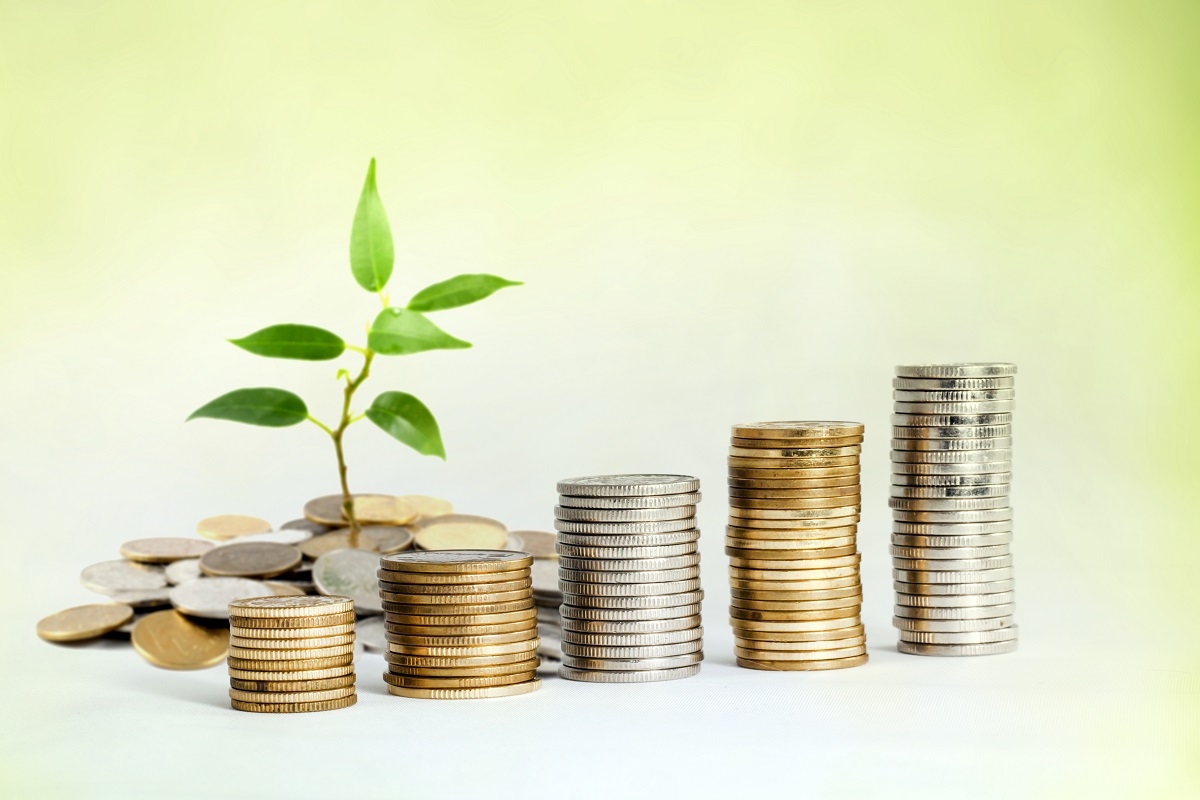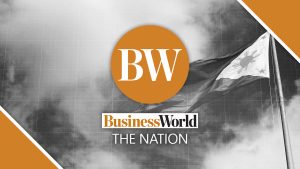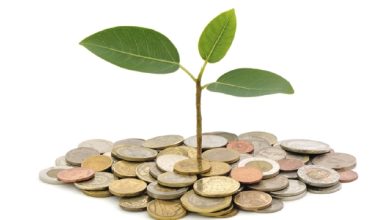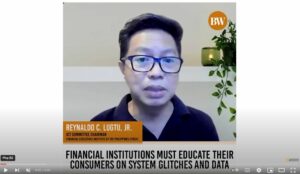We need a leader who recognizes the private sector

Less than two months from now, Filipinos will elect the country’s next leaders who must lead a government that will inherit the enormous task of addressing the lingering socioeconomic issues brought about by the COVID-19 pandemic.
In recent months, our economy has displayed encouraging developments. The Philippine Statistics Authority (PSA) reported that the economy grew by 7.7% in the fourth quarter of 2021, which resulted in a 5.6% growth for the full year, exceeding the government’s target of 5-5.5%. Further, a few weeks ago, several areas across the Philippines, including the National Capital Region (NCR), were placed under Alert Level 1, allowing the resumption of more economic activities.
But the question is, will the Philippines be able to sustain its path towards long-term economic recovery?
In January 2022, the PSA announced that the country’s unemployment rate was at 6.4%, which translated to 2.93 million jobless Filipinos. This was slightly lower than the 6.6% registered in the preceding month. However, the underemployment rate increased slightly to 14.9% in January 2022 from 14.7% in December 2021.
Despite the positive GDP growth rates attained since the second quarter of 2021, this does not seem to reflect the realities on the ground as millions of Filipinos are still jobless or are looking to have additional hours of work. Hence, what the country seems to experience now is jobless growth. On top of these, the country’s increasing debt pile is something that needs to be dealt with in the near future. The latest data from the Bureau of the Treasury (BTr) show that the National Government’s total outstanding debt by end-January 2022 stood at a record-high P12 trillion. This would ultimately have to be paid for by each and every Filipino through possibly higher taxes.
A more practical way to address all these problems and to sustain the country’s positive economic growth trajectory is by strengthening collaboration between government and the private sector. Since the private sector has consistently proven itself to be a reliable and capable partner of government in the midst of an emergency situation like at the height of the COVID-19 pandemic in 2020, it could also play a key role in the country’s path to recovery.
To corroborate this, a survey conducted by the Social Weather Stations (SWS) in October 2021 found that 82% of Filipinos believe that the growth of the Philippine economy will be accelerated if the government collaborates more actively with the private sector.
Recently, we at the Stratbase ADR Institute, in partnership with the US-based advisory firm BowerGroupAsia (BGA), held our first virtual Business Roundtable for this year, entitled “Business Agenda for the New Administration.” This quarterly event gathered esteemed members of the business community to discuss a possible agenda to be taken up by the country’s next set of leaders who will steer the economy to recovery. Given the post-pandemic scenario, the next administration is expected to prioritize the expansion of investment opportunities, creation of jobs and livelihood, as well as the alleviation of poverty, hunger, and curbing the widening inequality.
During the forum, former Bangko Sentral ng Pilipinas (BSP) Deputy Governor Diwa Guinigundo zeroed in on the need to veer the country towards more investment-driven growth. “Investment-led growth has always been the goal of public policy because it promotes sustainable and resilient economic growth… The fundamental challenge is to create an environment that is conducive to investment, whether domestic or foreign,” he said.
Meanwhile, Dr. Vicente Paqueo, a Distinguished Visiting Fellow of the Philippine Institute for Development Studies (PIDS), noted that a critical issue that must be addressed by the next administration is the continuing challenge of providing people with employment and income security. This can be addressed by including rapid labor productivity growth in the government’s agenda, especially since high and sustained productivity growth is essential to modern economic growth and development.
One cannot deny the invaluable role that the business community plays in a nation’s growth and development. As BGA President and CEO Ernest Bower IV stressed, “A new administration with confidence and a strong partnership with business can change that situation and drive new opportunities, equitable growth, creating jobs and driving more prosperity than ever before.”
The country’s next administration should be one that acknowledges the crucial role that the private sector plays in development, particularly through its expertise and capacity to attract investments. Aside from strengthening multi-sectoral collaboration, government should exert efforts in creating a conducive environment for the private sector to thrive and economic activities to fully prosper. If an administration is well-supported by a strong private sector, half of the task for long-term recovery is already achieved, since the burden for attaining basic goals is equitably and responsibly shared.
Then again, our next set of leaders should uphold the basic anchor of the rule of law and promote good governance, as these are the foundations on which stable partnerships are properly created and nurtured.
Victor Andres “Dindo” C. Manhit is the president of the Stratbase ADR Institute.




